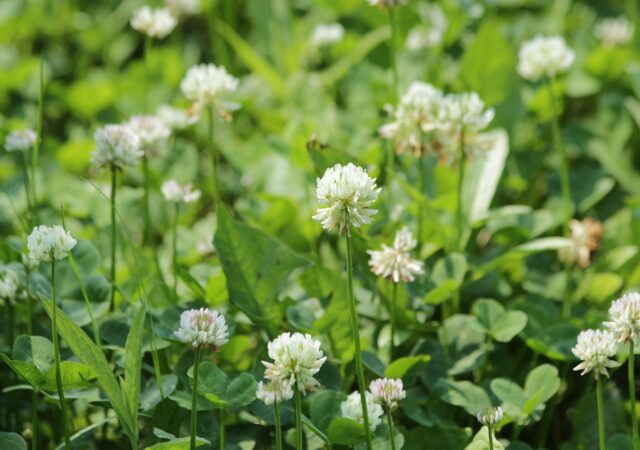Looking for an easy way to reduce waste and give back to your garden? Turning kitchen scraps into compost is one of the most ethical and sustainable ways to nourish your plants while minimizing landfill waste. Whether you have a backyard compost bin, a small-space tumbler, or even an indoor composting system, you can easily transform everyday food scraps into rich, nutrient-dense soil for your garden and plants.
Why Composting Kitchen Waste Matters
Food waste is a major environmental issue—organic materials that end up in landfills release methane, a potent greenhouse gas. But by composting your kitchen scraps, you’re:
- Reducing waste – Less food in landfills means a healthier planet.
- Living sustainably – Composting supports a local, circular ecosystem.
- Improving soil health – Your plants thrive with organic, nutrient-rich compost.
What Kitchen Scraps Can You Compost?
Not all kitchen waste is compost-friendly, but here’s what you should add to your compost pile or bin:
- Fruit & vegetable scraps – Peels, cores, stems, and rinds
- Coffee grounds & filters – A great nitrogen-rich addition
- Eggshells – Provide calcium to enrich the soil
- Grains & bread – In small amounts to avoid attracting pests
- Nut shells – Break down slowly but add valuable carbon
What NOT to Compost: Meat, dairy, oily foods, or anything heavily processed – these can attract pests and create odor issues.
How to Start Composting Kitchen Scraps FOR YOUR PLANTS
- Choose a composting method – Backyard bin, tumbler, worm composting, or even Bokashi fermentation for small spaces.
- Layer your greens & browns – Balance nitrogen-rich food scraps (greens) with carbon-rich materials like shredded newspaper, dried leaves, or sawdust (browns).
- Keep it moist but not soggy – Your compost should feel like a damp sponge.
- Turn it regularly – Aerate your compost to speed up decomposition and prevent odor buildup.
- Harvest your compost – Once it looks dark and crumbly with an earthy smell, it’s ready to enrich your garden beds and potted plants!
The Local Impact of Composting
By composting your kitchen waste, you’re not just feeding your plants – you’re making an impact on your local community and the environment. A sustainable lifestyle starts with small choices, and composting is an easy way to support ethical, eco-friendly living.
Follow us on Social Media and subscribe to our Newsletters for even more tips!




